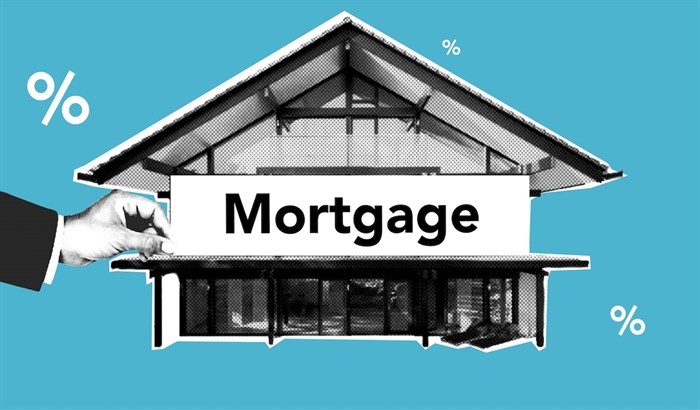Housing affordability is worst ever in Kelowna and the rest of Canada
Rising interest rates combined with historically high housing prices have made home ownership in Canada the worst it has ever been.
A report from RBC looked at all the costs of home ownership, not just the price of the home and carrying charges.
“The spike in interest rates since March is raising ownership costs in every corner of the country,” an RBC report on housing affordability issued Sept. 29 says. “Most affected are expensive markets where affordability was already stretched before the Bank of Canada launched its attack on decades-high inflation.”
Kelowna, being one of those more expensive markets, is no exception.
“We estimated a partial indicator that compares mortgage carrying costs to household income,” Robert Hogue, assistant chief economist for RBC Economics and author of the report, wrote in an email to iNFOnews.ca. “That indicator for Kelowna was 62% in the second quarter of 2022 — the highest level ever in this market. The higher the number, the less affordable ownership is.”
Unfortunately, the Kelowna numbers are partial. The numbers calculated for larger centres in Canada include property taxes and the cost of utilities so the number for Kelowna is likely higher.
READ MORE: Another $10 million property sold in Kelowna
“RBC’s aggregate affordability measure was thrusted into record-high territory nationally (to 60.0%) and in Victoria (67.6%), Vancouver (90.2%) and Toronto (83.0%) in the second quarter of 2022,” Hogue wrote in the report. “The impact of higher mortgage rates has yet to fully run its course. We expect increases to date, as well as further upcoming Bank of Canada hikes, will intensify upward pressure on ownership costs over the second half of this year.”
The good news is that, with housing prices expected to continue to decline, possibly until next spring, homes will become more affordable.
“Our view is unaffordability will peak at the end of this year—though the timing is poised to vary market by market,” Hogue wrote in his report. “Growing household income will partly drive the improvement that will follow. It will likely take years to fully reverse the tremendous deterioration that took place since 2021.”
To contact a reporter for this story, email Rob Munro or call 250-808-0143 or email the editor. You can also submit photos, videos or news tips to the newsroom and be entered to win a monthly prize draw.
We welcome your comments and opinions on our stories but play nice. We won't censor or delete comments unless they contain off-topic statements or links, unnecessary vulgarity, false facts, spam or obviously fake profiles. If you have any concerns about what you see in comments, email the editor in the link above.




